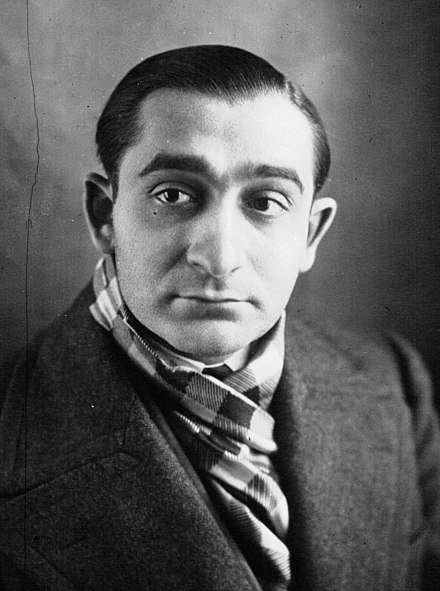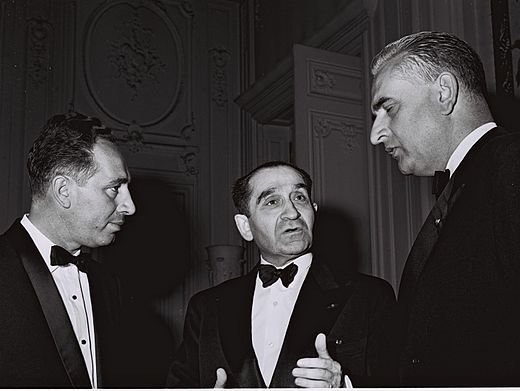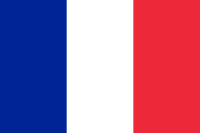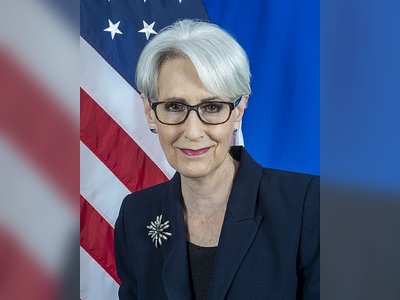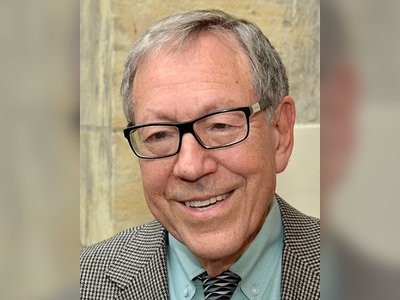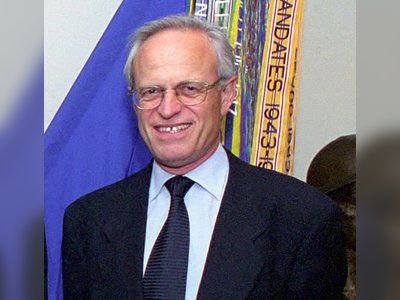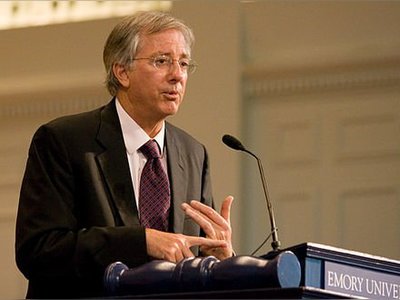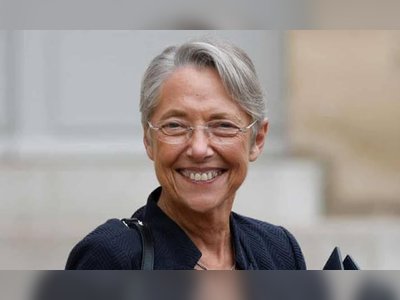Pierre Mendès France
Pierre Mendès France, born Pierre-Isaac-Isidore Mendès France on January 11, 1907, and passed away on October 18, 1982, was a prominent French Jewish statesman who served as the Prime Minister of France from 1954 to 1955.
He was the third Jewish individual to hold this office in France, out of a total of five. Here is the documentary-style account of his life and political career:
Early Life
Pierre Mendès France was born in Paris into a Sephardic-Portuguese Jewish family that had settled in Bordeaux in the 16th century and engaged in the textile trade. His father was a textile industrialist. He pursued his education and earned degrees in law and economics.
In 1932, at a young age, Mendès France became a member of the French Parliament. By 1938, at the age of 31, he was appointed as the Deputy Minister of Finance. During World War II, he served in the French Air Force. In 1940, he fled to North Africa and joined the forces of General Charles de Gaulle. He chaired the parliamentary finance committee in the French Parliament in 1953.
Prime Ministership
Pierre Mendès France served as the Prime Minister of France for approximately eight months, from June 1954 to February 1955. He was the third Jewish individual to hold this prestigious position in France, following in the footsteps of Léon Blum, who served in multiple terms (1936–1937, 1938, 1945), and René Mayer (1953).
He was succeeded by Michel Debré (1959–1962) and Laurent Fabius (1984–1986). Mendès France was appointed to this role as a representative of the Radical Party, a center-left political party. The brevity of his term was typical of many prime ministers during the Fourth French Republic.
Before becoming Prime Minister, Mendès France had already taken a stand against French colonialism, and this stance continued during his tenure. As Prime Minister, he made several significant decisions that marked his commitment to decolonization.
He negotiated an agreement with the Vietnamese Communist leader Ho Chi Minh, which led to the withdrawal of French forces from Vietnam and recognized the authority of the Communists in North Vietnam. This decision was made with the intention of holding joint elections in 1956, a plan that was never realized.
The decision to withdraw from Vietnam received overwhelming support in the French National Assembly after France's defeat in the First Indochina War, although it did raise some opposition among right-wing and Catholic factions.
Mendès France also played a pivotal role in reaching an agreement with the leader of the nationalist movement in Tunisia, Habib Bourguiba, granting Tunisia significant autonomy as a step towards full independence, which was achieved in 1956. While Mendès France supported the decolonization of Morocco, he sought a solution that would safeguard the rights of the French settlers in the region.
He was an advocate for European integration and cooperation towards greater unity. Mendès France supported the idea of a unified Europe and worked towards closer cooperation among European nations, including West Germany, despite the still-recent memories of World War II.
Post-Premiership Career
Following his term as Prime Minister, Mendès France continued his political career. Between February and May 1956, he served as a minister in the government of Guy Mollet but resigned due to ongoing disagreements over the Algerian question. In 1957, he resigned from his party leadership over disagreements with de Gaulle's policies, and in 1959, he was expelled from the Radical Party after it turned pro-de Gaulle.
Mendès France continued his political journey as a parliamentary member representing smaller left-wing parties. He expressed sympathy for the student protests of May 1968, a stance uncommon among politicians at the time.
Throughout his life, Pierre Mendès France authored several books on economic and other subjects.
Pierre Mendès France passed away in October 1982 in Paris. He was married to Lily (1911–1967), the daughter of businessman Solomon Sikkorel from Cairo. The couple had two sons, Michel and Bernard.
- פייר מנדס פראנסhe.wikipedia.org
